Debt Settlement in New Hampshire
Debt Settlement Experts
Are you drowning in debt and overwhelmed by constant stress? At Second Start Financial, we understand the challenges that come with excessive debt, and we’re here to help. We know that many hardworking New Hampshirites are struggling to keep up with credit card bills, medical expenses, and other unsecured debts, often due to circumstances beyond their control. That’s why we’re dedicated to providing personalized debt settlement services to help you achieve financial freedom. Our experienced professionals will work with you every step of the way to create a customized plan that fits your unique needs and goals. With our help, you can break free from the burden of debt and start building a brighter financial future.

How Professional Debt Settlement
New Hampshire Can Help You

Avoid Bankruptcy
Prevent the long-term consequences of bankruptcy by settling your debts instead.
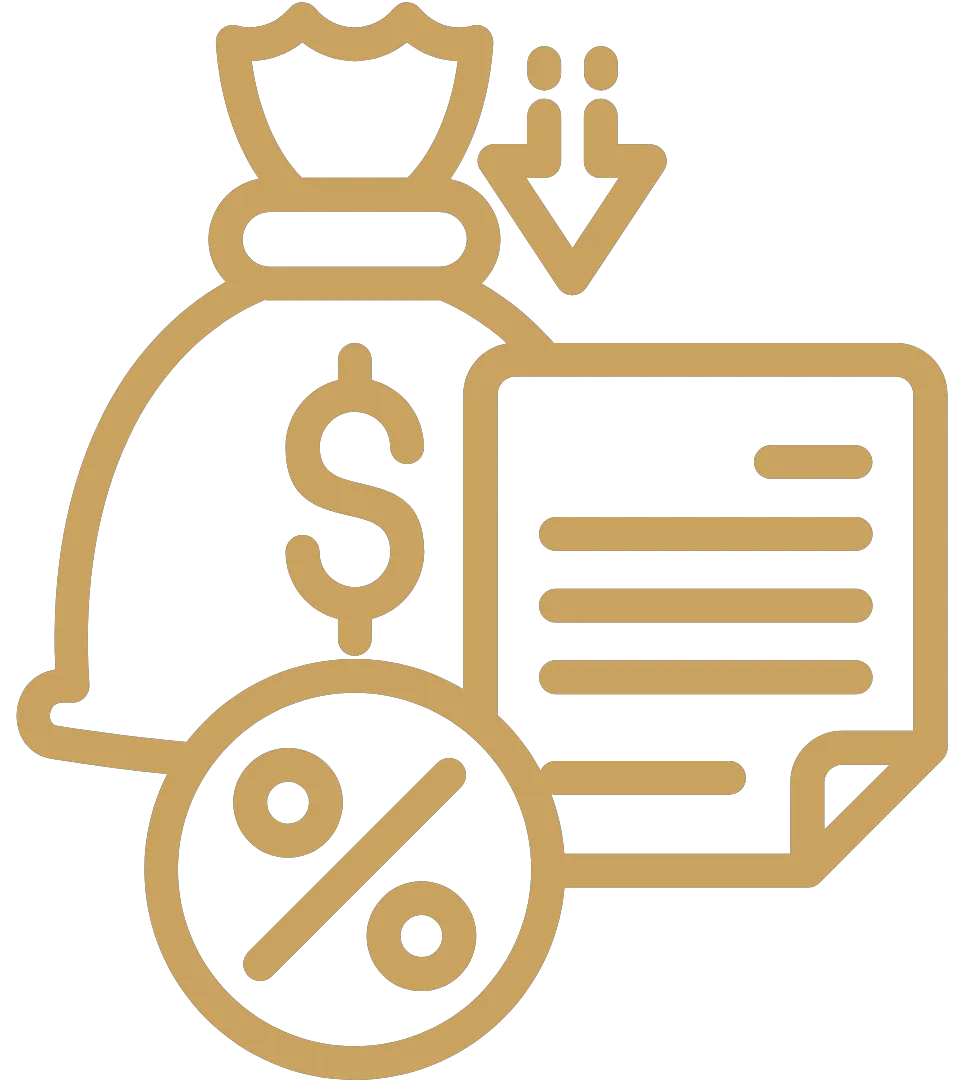
Lower Balances
Negotiate with creditors to reduce your outstanding balances and pay less than you owe.
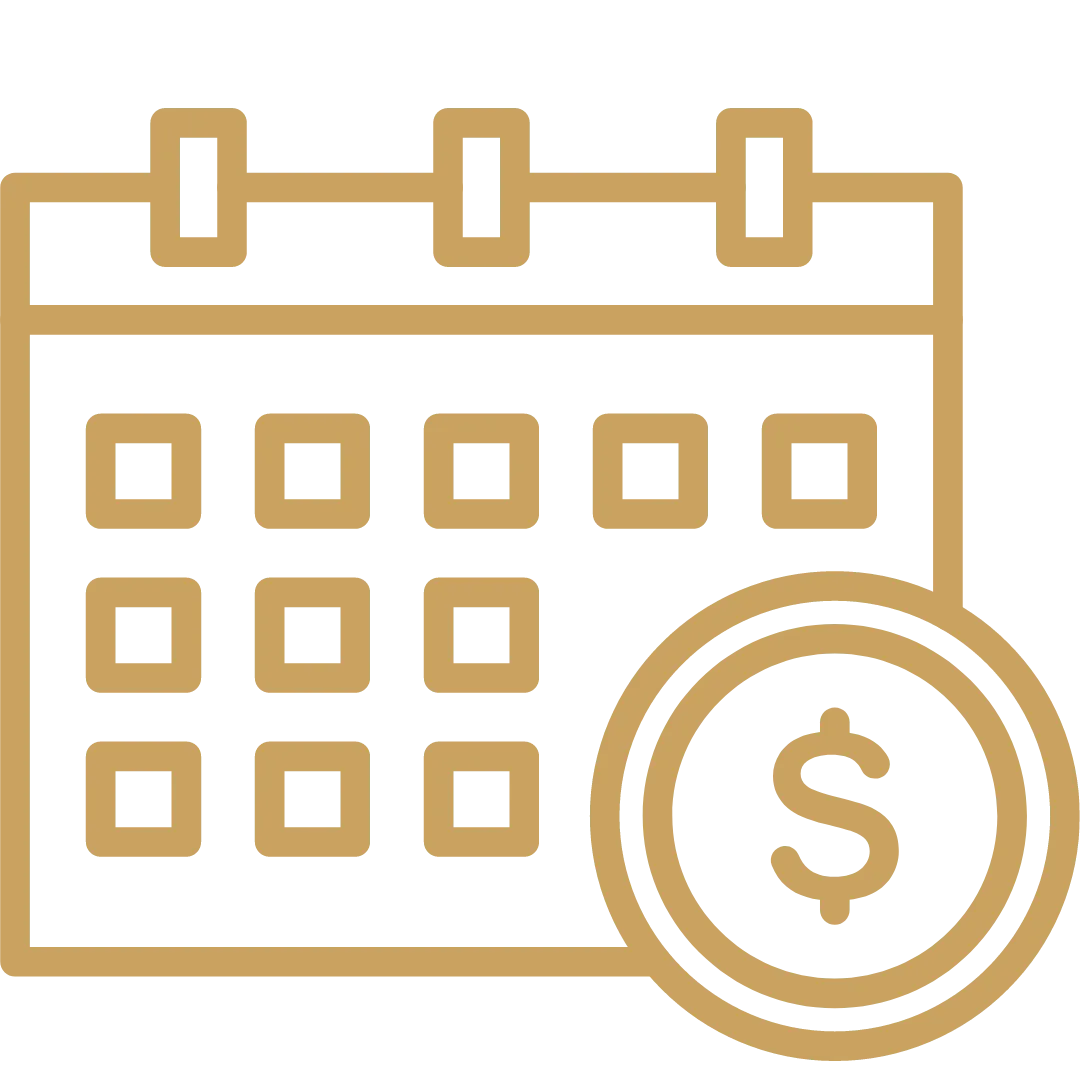
One Monthly Payment
Simplify your debt repayment process by making a single, affordable monthly payment.
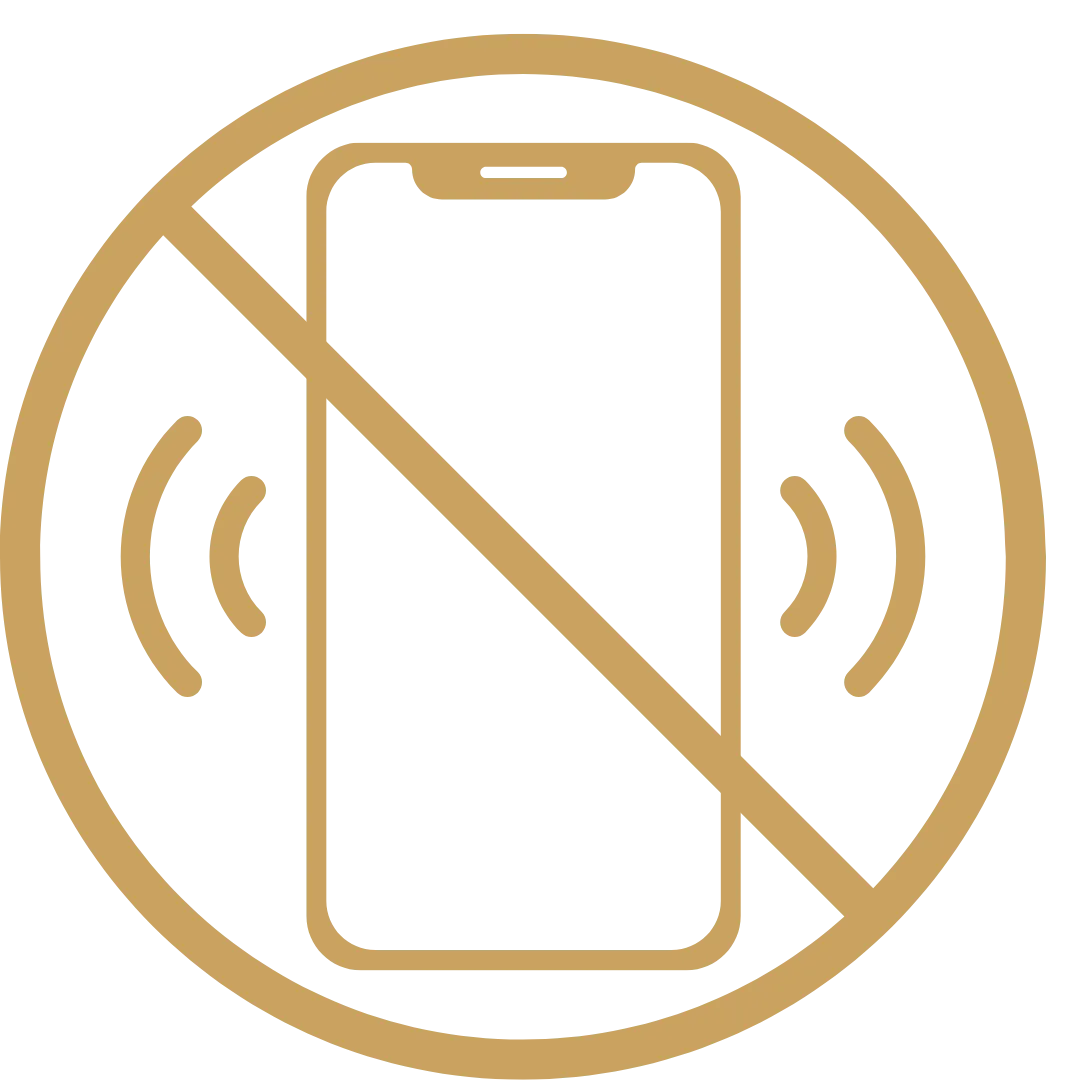
Stop Collections
End harassing calls and letters from collection agencies by enrolling in a debt settlement program.
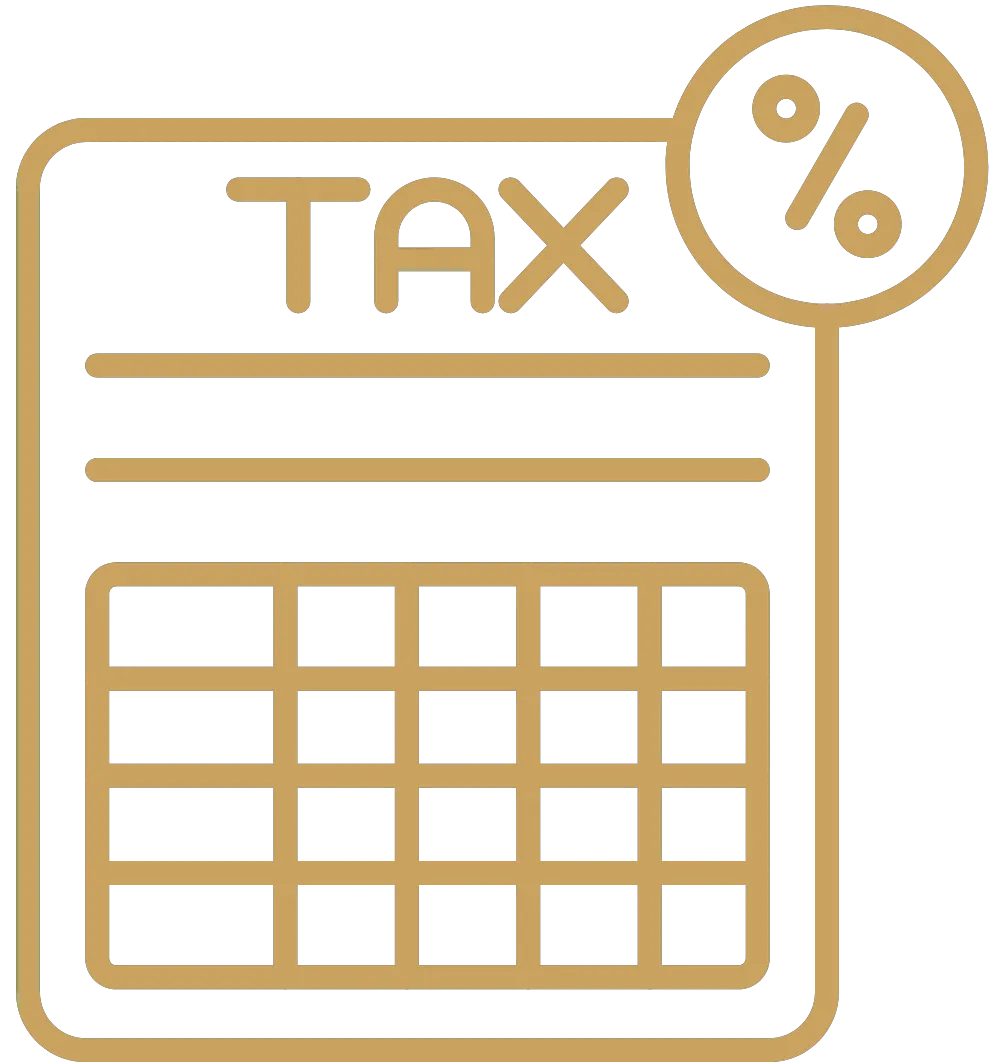
Tax Benefits
Understand the potential tax advantages of settling your debts for less than the full amount.
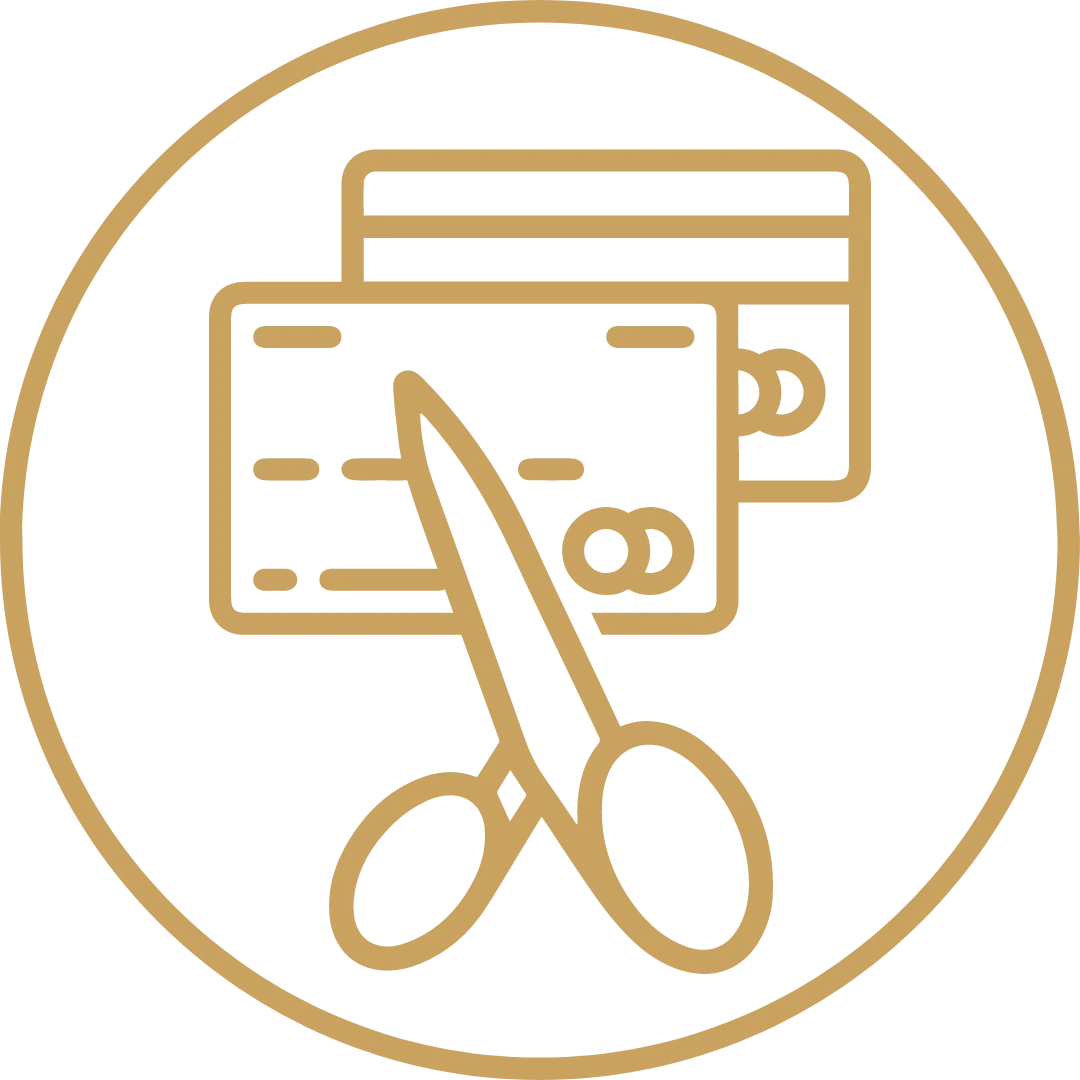
Become Debt-Free
Achieve financial freedom faster by resolving your debts through professional debt settlement services.

Our Proven Debt Settlement Process
At Second Start Financial, we follow a proven debt settlement process to help you achieve the best possible results. Here’s what you can expect:
1. Free Consultation: We’ll review your financial situation, explain your options, and determine if debt settlement is right for you.
2. Personalized Plan: We’ll create a customized debt settlement plan based on your unique circumstances, including your debt amount, income, and goals.
3. Dedicated Account: You’ll open a special account and make monthly deposits, which will be used to settle your debts.
4. Expert Negotiations: Our skilled negotiators will work with your creditors to achieve the lowest possible settlement amounts.
5. Debt Resolution: Once a settlement is reached, we’ll facilitate the payment to your creditor and ensure the debt is properly resolved.
BLOG
Our Latest Blogs

What is a Negative Bank Account?
Having a negative balance in your bank account can be an alarming and stressful situation. But what exactly does it mean to have a negative bank account?
Simply put, a negative bank account occurs when more money is withdrawn from the account than what is available in the current balance. This results in the account being overdrawn and showing a negative balance.
While ending up with a negative account balance is never ideal, it's a relatively common occurrence that most people will experience at some point in their financial lives. When handled responsibly, a negative bank account typically does not lead to long-term issues.
How Does a Bank Account Become Negative?
There are a few key ways that overdrafting and winding up with a negative balance can occur:
Forgetting your actual account balance - It's easy to miscalculate or forget pending transactions and spend more than what's in your account, especially if you rely on your checkbook rather than online banking.
Pending charges temporarily showing as available funds - Sometimes newly deposited funds that are still pending will temporarily inflate your available balance before the deposit clears. Spending based on this balance can lead to overdrafts.
Unauthorized or fraudulent withdrawals - Whether it's a fraudulent debit card transaction or check forgery, unauthorized withdrawals can quickly take an account negative.
Processing delays or holds - Delays in deposits posting or holds on check deposits can cause hiccups between actual and available balances. This gap can lead to overdrafts.
Automated payments clearing - Forgotten automatic bill payments, subscriptions, or transfers can result in cleared withdrawals that exceed the account balance.
While accidents happen, repeated overdrafts usually point to underlying money management issues that need to be addressed.
Read: 5 Debt Settlement Benefits Over Bankruptcy
What Happens When a Bank Account Goes Negative?
Banks have policies in place for handling negative account balances. There are a few common scenarios:
Overdraft Coverage and Fees
Many banks will pay overdraft transactions as a courtesy, up to the overdraft limit and for a fee. Overdraft fees often start around $30 per transaction. Allowing overdrafts avoids declined transactions but leads to rapidly mounting fees.
Overdraft Protection Through Linked Accounts
Banks may cover overdrafts by automatically transferring funds from linked savings accounts or lines of credit. There are usually smaller transfer fees instead of overdraft fees. This prevents declined transactions without the high fees.
Declined Transactions
If there is no overdraft coverage in place, transactions that would put the account negative are simply declined. However, banks still often charge non-sufficient funds (NSF) fees of around $30 when they have to decline the transaction.
Either way, banks will expect negative balances to be repaid promptly along with any fees. Otherwise, further action may be taken on the account.
Consequences of Prolonged Negative Balances
Leaving a negative balance unresolved can result in more serious consequences:
Repeated overdraft and NSF fees rapidly accumulate, compounding the amount owed
Banks may close accounts with unpaid negatives balances after a period of time
Closed accounts due to negatives balances make it harder to open an account elsewhere
Unpaid balances can get sent to collections, damaging credit scores and history
Legal action may eventually be taken to garnish wages or seize assets to repay debts
Banks don't take prolonged negative balances lightly. It's crucial to address them quickly before the situation spirals.
You may like: Are There Alternatives to Bankruptcy
Fixing and Managing a Negative Bank Account
If you do end up with an overdrawn bank account, here are some tips for getting back on track:
Stop spending from the account immediately - Prevent any further withdrawals to avoid additional overdrafts.
Deposit funds to cover the negative amount - Including any overdraft or NSF fees charged by the bank.
Review account history - Look for pending transactions, holds, or debits you may have forgotten about.
Reevaluate money management - Take it as a sign to overhaul spending and budgeting habits to avoid repeats.
Consider overdraft protection - Link to accounts with funds or lines of credit to avoid declined transactions and heavy fees.
Build an account buffer - Have a few hundred dollars as a cushion to absorb accidental overdrafts when possible.
With mindful account monitoring and spending habits, as well as safety nets like overdraft protection, negative balances can often be avoided entirely. But even if one occurs, addressing it promptly minimizes any lasting impacts.
The Takeaway
Having a negative bank account balance can happen unexpectedly. But it doesn't have to be catastrophic with the right approach. Being aware of what causes negative balances, how to address them properly, and taking preventative measures will keep your accounts in the positive
Debt FAQ's
What is debt settlement?
Debt settlement is a process where a debtor and creditor agree to settle a debt for less than the full amount owed. This can help the debtor pay off their debt more quickly and affordably than continuing to make minimum payments.
How does debt settlement work?
Our debt settlement program works by negotiating with your creditors to settle your debts for less than the full amount owed. You make regular payments into a savings account, which we use to negotiate with your creditors on your behalf. Once a settlement is reached, you make a one-time payment to settle the debt.
Will debt settlement affect my credit score?
Yes, debt settlement may have a negative impact on your credit score. However, if you’re already struggling with high levels of debt, your credit score may already be affected. Our goal is to help you become debt-free as quickly and affordably as possible, so you can start rebuilding your credit score.
What types of debt can be settled?
Generally, unsecured debts like credit card debt, medical bills, and personal loans can be settled through our debt settlement program. However, certain types of debt like student loans and tax debt cannot be settled through debt settlement
How long does debt settlement take?
The length of the debt settlement process can vary depending on your specific financial situation and the amount of debt you have. However, most of our clients are able to become debt-free in 24-48 months.
TESTIMONIALS
A few years ago, my husband and I enrolled in this program, and it was a lifesaver. It truly helped us out of a difficult situation.
Claire Martinez
I couldn’t have hoped for a better solution to help me with my debt. Second Start Financial has exceeded my expectations and helped me pay off my debt sooner than I anticipated. The approval process was quick and painless, and now I’m on my way to regaining control of my life and improving my creditworthiness. Thank you so much!
Samantha Bailey


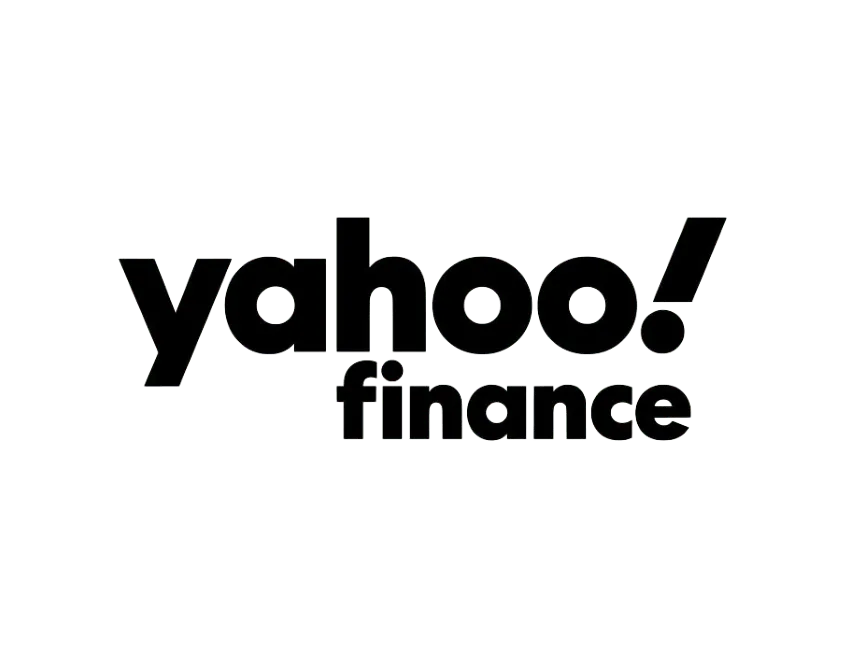



At Second Start Financial, we are dedicated to helping you regain control of your life. Our mission is to provide you with effective debt relief solutions that address your unique financial situation.
At Second Start Financial serves the following States only:
Alabama | Alaska | Arizona | Arkansas | California | Colorado | Florida | Georgia | Idaho | Illinois | Indiana | Iowa | Kentucky | Louisiana | Maryland | Massachusetts | Michigan | Mississippi | Missouri | Montana | Nebraska | Nevada | New Jersey | New Mexico | New York | Ohio | Oklahoma | Pennsylvania | South Dakota | Tennessee | Texas | Utah | Virginia | Wisconsin
Disclaimer:
Second Start Financial Inc is not a Broker or Lender. The role of Second Start Financial is to connect potential borrowers with lenders and financial service providers. Second Start Financial does not provide credit offers or solicit lending. The website and its operators solely offer a connection/matching service and are not agents, representatives, or brokers of any lender. They do not make credit decisions and do not charge potential borrowers for any loan or product.












